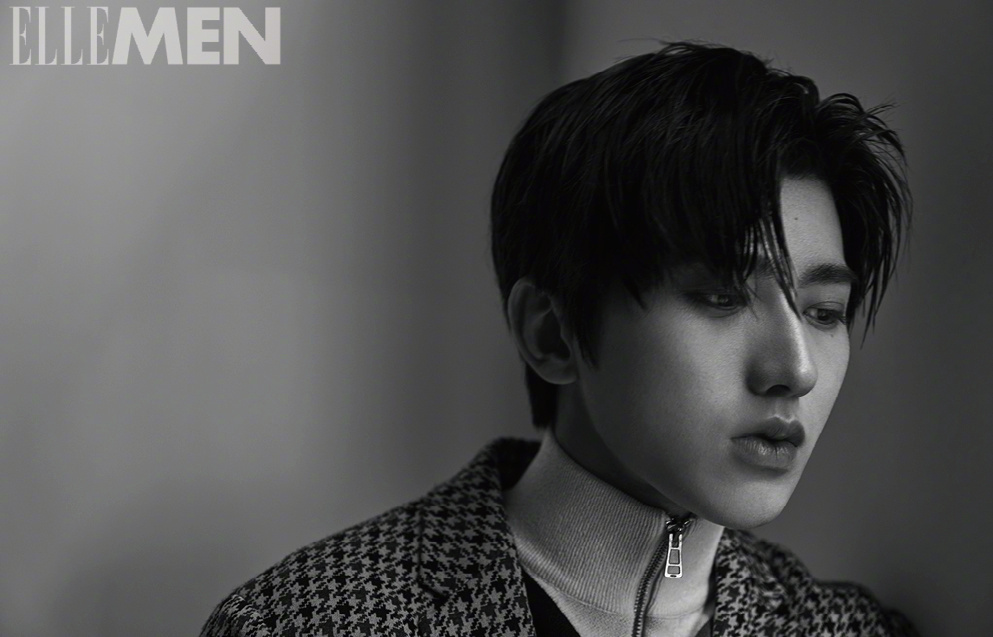Lively debate over male roles


Data show that young Chinese men are attaching more importance to skin care than before.
Sales of male skin care products this year have exceeded 10 billion yuan ($1.46 billion) and are expected to reach 15.4 billion yuan next year, according to a report in June released by e-commerce company JD.com and online discount retailer Vipshop.
Mao Xun, a fashion commentator, said: "Chinese men don't have to be embarrassed to adopt an elegant lifestyle, including skin care, and this does not mean being feminine. For instance, it's not uncommon for Japanese and South Korean men to trim their eyebrows." Mao has more than 1.34 million followers on Sina Weibo, about 60 percent of whom are males.
He said Chinese men are most concerned about facial cleansing, their pores and oily skin, pimples, facial serums, eye care and sun protection.
Wu Yifan, a 22-year-old university student in Tianjin, does not think there is anything wrong in using skin care products.
"My father's generation have a deep-rooted idea that skin care means feminine, but I disagree with this," he said. "It's just about improving one's personal image."
He said his male classmates looked in disdain when they first saw his skin care products. However, as time passed, several came to ask him about skin care tips and then followed suit. Some of those who once mocked him bought skin care products privately.
Deng Xiquan, head of the Youth Research Institute at the China Youth and Children Research Center, said: "With the development of society, both men and women are focusing more on improving themselves. It's a trend that men are paying more attention to their personal image."
Fang Gang, director of the Institute of Sexuality and Gender Studies at Beijing Forestry University, said, "I think the ideal quality of human beings in a society is androgyny-neither too masculine or feminine.
"Everyone can have their own gender expression. It's unreasonable to restrain them with rigid conventional practice. If they do not conform to such practice, we should not turn up our noses at them."
Fang said that in a progressive society, people will accept the beauty of diversity with an open mind.
Deng said: "It's not appropriate to promote the femininity of males publicly, but such a phenomenon should be allowed to exist. It's only a central issue temporarily and will be replaced by a new youth culture at some stage. If a man has feminine beauty, this doesn't mean that he lacks responsibility."
























